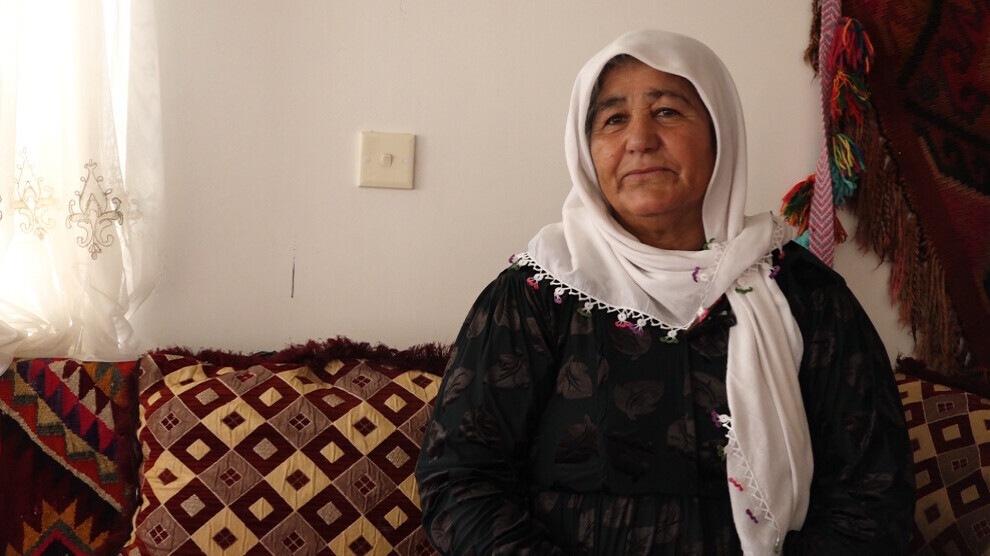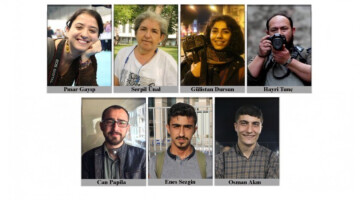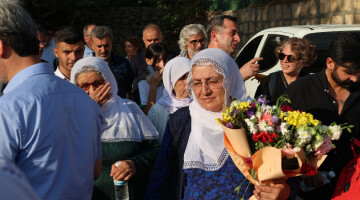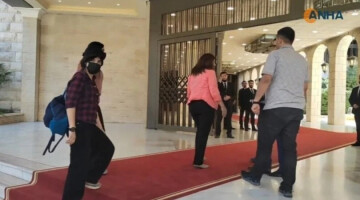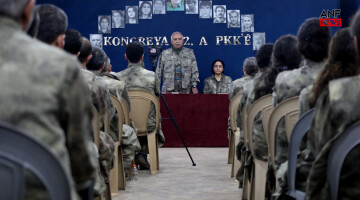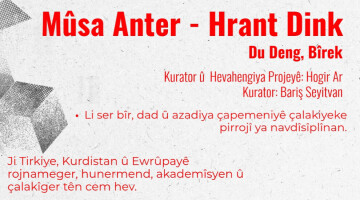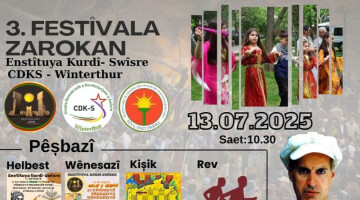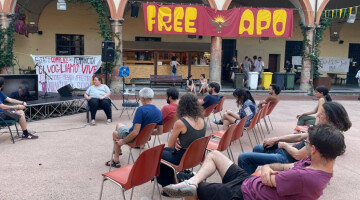In Botan, dengbêjî is the oldest culture of the Kurdish people, and this culture is mostly led by Kurdish mothers. One of these mothers is Besê Budak, who has been a dengbêj for 35 years, and lives in Maxmur camp.
Besê Budak said that she used to listen to dengbêjs in celebrations as a child. “It is our most ancient culture and we have kept this culture alive until today. For centuries, dengbêj has been passed down from generation to generation, not by writing, but verbally. For this reason, our youth should also protect and maintain the dengbêjî tradition. Because dengbêjî is our most ancient culture and we have kept this culture alive until today."
Besê Budak said that the people gathered in Botan at a time of feast and celebration and told the experiences and stories of Rustemê Zal, Mîrza Mihemed and Hesen Şerefî, and continued: "Botan is known for its dengbêjî tradition. Many dengbêj, such as Xeyîbî, Payîzok, Heyranok, came from Botan. The most original dengbêjs came from Botan and spread to other regions. There are also many female dengbêjs of Botan, such as Meryem Xan, Eyşê Şan and Xoxê. Xoxê is known as Nesrîn Şeranî in Başur. When we listen to these dengbêjs, I wish we could sing dengbêjî like them and make our voices heard throughout the world.
When we were refugees in the camp, at the beginning, we established our cultural center with our resources. I could not join the dengbêjî group due to different work I was busy with. But then I joined at the insistence of my friends. There were about 10 women and 10 men in the group. As the Dengbêj group, we would sometimes go to Sulaymaniyah, Duhok and Ranya and sing strans."

